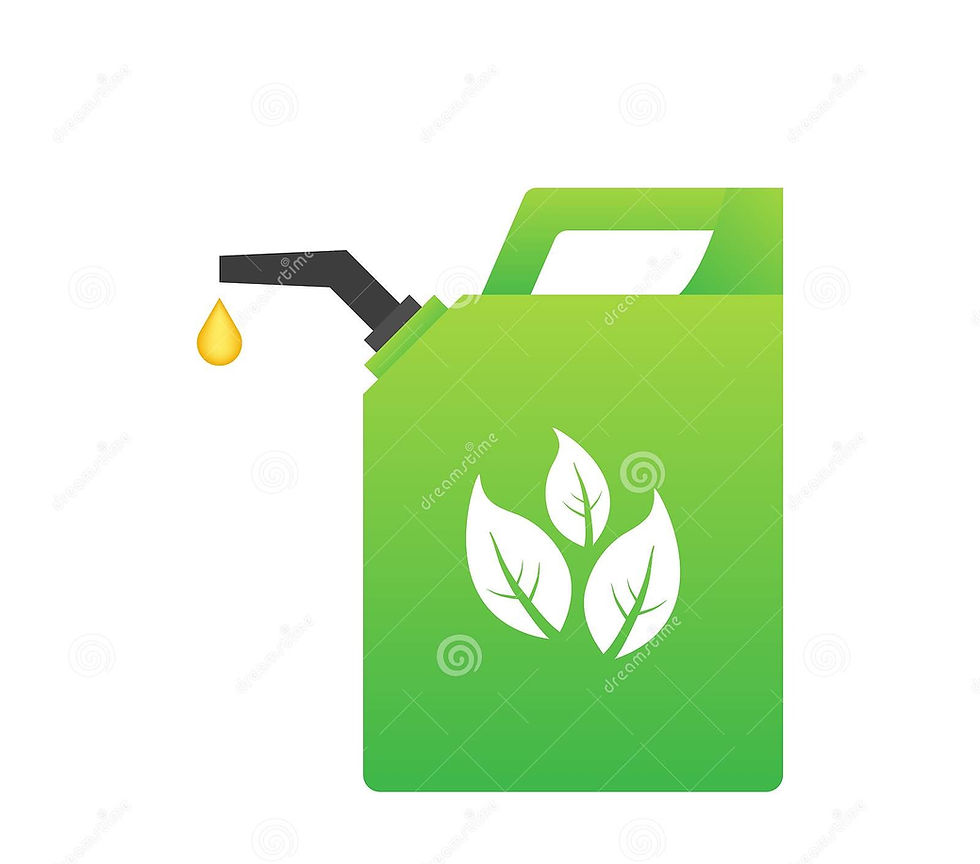Any hydrocarbon fuel that is produced from an organic matter (living or once living material) in a short period of time (days, weeks, or even months) is considered a biofuel.
there are many types of biofuel
Solid: Wood, dried plant material, and manure
Liquid: Bioethanol and Biodiesel
Gaseous: Biogas

The two most common types of biofuel are bioethanol and biodiesel::
Bioethanol is an alcohol made by fermentation, mostly from carbohydrates produced in sugar or starch crops such as corn, sugarcane, or sweet sorghum. Cellulosic biomass, derived from non-food sources, such as trees and grasses, is also being developed as a feedstock for ethanol production.
When mixed with petrol, it improves the combustion performance and lowers the emissions of carbon monoxide and Sulphur oxide.
A litre of ethanol contains approximately two thirds of the energy provided by a litre of petrol.
Biodiesel is produced from oils or fats using transesterification. It can be used as a fuel for vehicles in its pure form (B100), but it is usually used as a diesel additive to reduce levels of particulates, carbon monoxide, and hydrocarbons from diesel-powered vehicles.
It produces very less or no amount of harmful gases as compared to diesel.
Biodiesel is also an oxygenated fuel, meaning it contains a reduced amount of carbon and higher hydrogen and oxygen content than fossil diesel. This improves the combustion of biodiesel and reduces the particulate emissions from unburnt carbon
Advantages of biofuel:
Environment Pollution: Biofuels do not release as much carbon as fossil fuels do but fertilizers that are used in the growing bio fuels lead to greenhouse emissions. Also, biofuels can help in managing the municipal solid wastes i.e. the waste can be converted into fuel.
Economic stimulation: Because biofuels are produced locally, biofuel manufacturing plants can employ hundreds or thousands of workers, creating new jobs in rural areas.
Source material: Whereas oil is a limited resource that comes from specific materials, biofuels can be manufactured from a wide range of materials including crop waste, manure, and other byproducts.
Disadvantages of Bio fuel:
Food shortages: There is concern that using valuable cropland to grow fuel crops could have an impact on the cost of food and could possibly lead to food shortages.
Efficiency: Fossil Fuels produce more energy than some of the biofuels.
.jpeg)

Comentarios